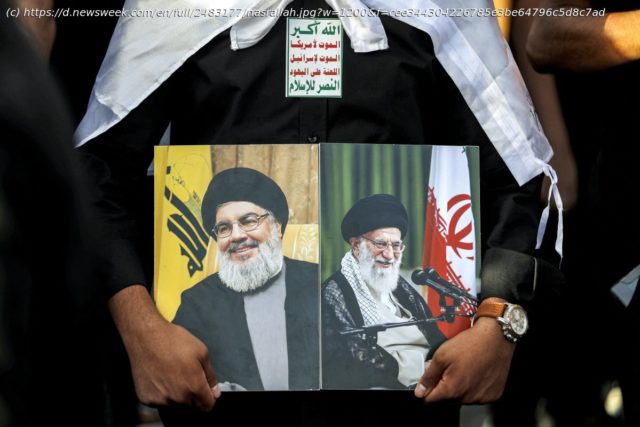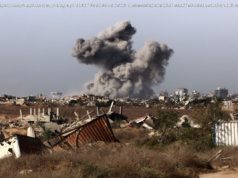Until the Abraham Accords became a reality, we heard every reason imaginable for why they were not possible. But our naysayers were wrong.
Israel’s killing of Hassan Nasrallah, notorious terrorist and longtime leader of Hezbollah, has elicited an array of reactions reflecting the deep divisions within Lebanon and the Middle East. For some, including revelers in Lebanon, Syria, Iraq, and even Iran, the decapitation of the Iran-backed terrorist organization represents a significant step toward liberation from Iran’s tyranny, pursued by the Islamic Republic not to advance Arab welfare but as a futile attempt to destroy Israel at all costs. Celebrations among those weary from years of conflict and subjugation speak to the enduring spirit of a people long oppressed by the Ayatollahs. To them, Nasrallah’s demise represents a once-in-a-lifetime chance to break free from the shackles of militant extremism. It opens the door to a future of peace, prosperity, and Lebanese national sovereignty.
Others respond with worry and outrage. They tend to think of this weekend’s events as another red line crossed by Israel, while downplaying or ignoring Hezbollah’s role as one of the most significant contributors to regional instability. For them, Nasrallah’s death represents an escalation that will lead to more bloodshed. Some academics cited by the media have worried that any further effort to push Lebanon and Iran apart will «stoke unrest» and «Lebanon’s fragile stability will again be shattered.» Unsurprisingly, Ayatollah Khamenei has threatened that «The fate of this region will be determined by the forces of resistance, with Hezbollah at the forefront.»
Most Lebanese civilians recognize that these «forces of resistance» have only brought suffering upon Lebanon. Yet some Hezbollah sympathizers follow Iran in blaming Israel and the West for their troubles. These competing reactions thus embody the two pivotal looming questions: Is it possible for Lebanon to seize this moment of unprecedented Hezbollah weakness to cast off Iran’s influence and restore the vibrant country it once was? And, is now the time for those who want peace in the region to push ambition or caution?
While I realize, of course, how complex and dangerous the situation is, the possibility of charting a new direction for Lebanon is tantalizing.
Домой
United States
USA — Political Could a Lebanon Free of Iran's Tyranny Join the Abraham Accords?






